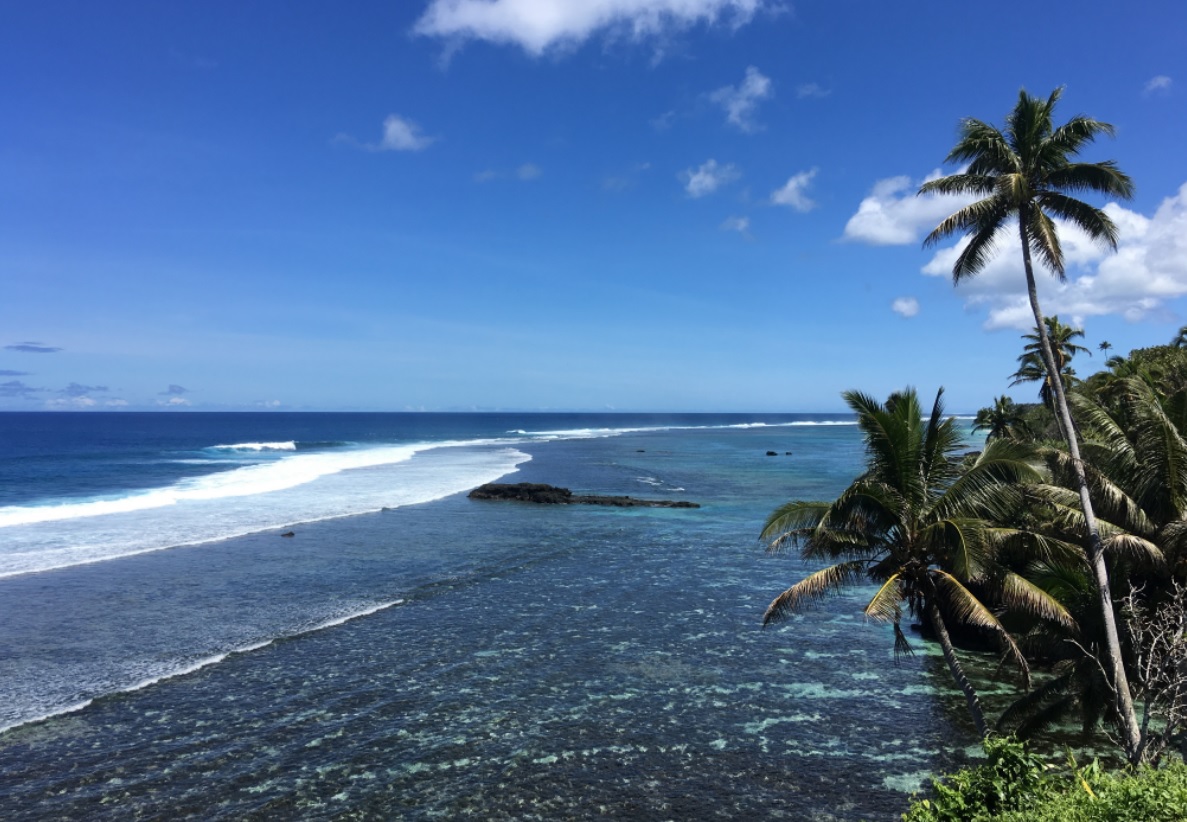
More than 250 cases have been reported, the majority on the mainland, northwest of Upolu, where most of the population lives.
The World Health Organisation describes dengue fever as a viral infection that spreads from mosquitoes to people. Most people don't get symptoms but for those who do, the most common are high fever, headache, body aches, nausea and rash.
Samoa's Director General of Health Alec Ekeroma said a news conference would be held this afternoon.
Earlier he said: "No one has died from it, but the country needs to continue its protection measures, and we are planning a national campaign to clean up and destroy breeding sites for mosquitos."
Samoa's last dengue situation report dated March 18 - 24 showed 22 new lab-confirmed dengue cases recorded at the time, adding up to 40 cases in March.
The report noted the most affected age groups were those between 5-9 years old and those over 60.
Northwest of Upolu and Apia urban area regions are reported to be the most affected, but cases have been reported from all regions, including Savai'i.
Aiono said there were 20 different definitions of outbreak and they would decide which definition applied now.
If someone has symptoms of dengue-like illness, Aiono said they have to go to hospital so they can undergo blood tests to confirm if they do have dengue.
A public health alert on dengue fever has already been issued advising and encouraging clinicians to collect samples for testing for all patients presenting with dengue-like illnesses.











